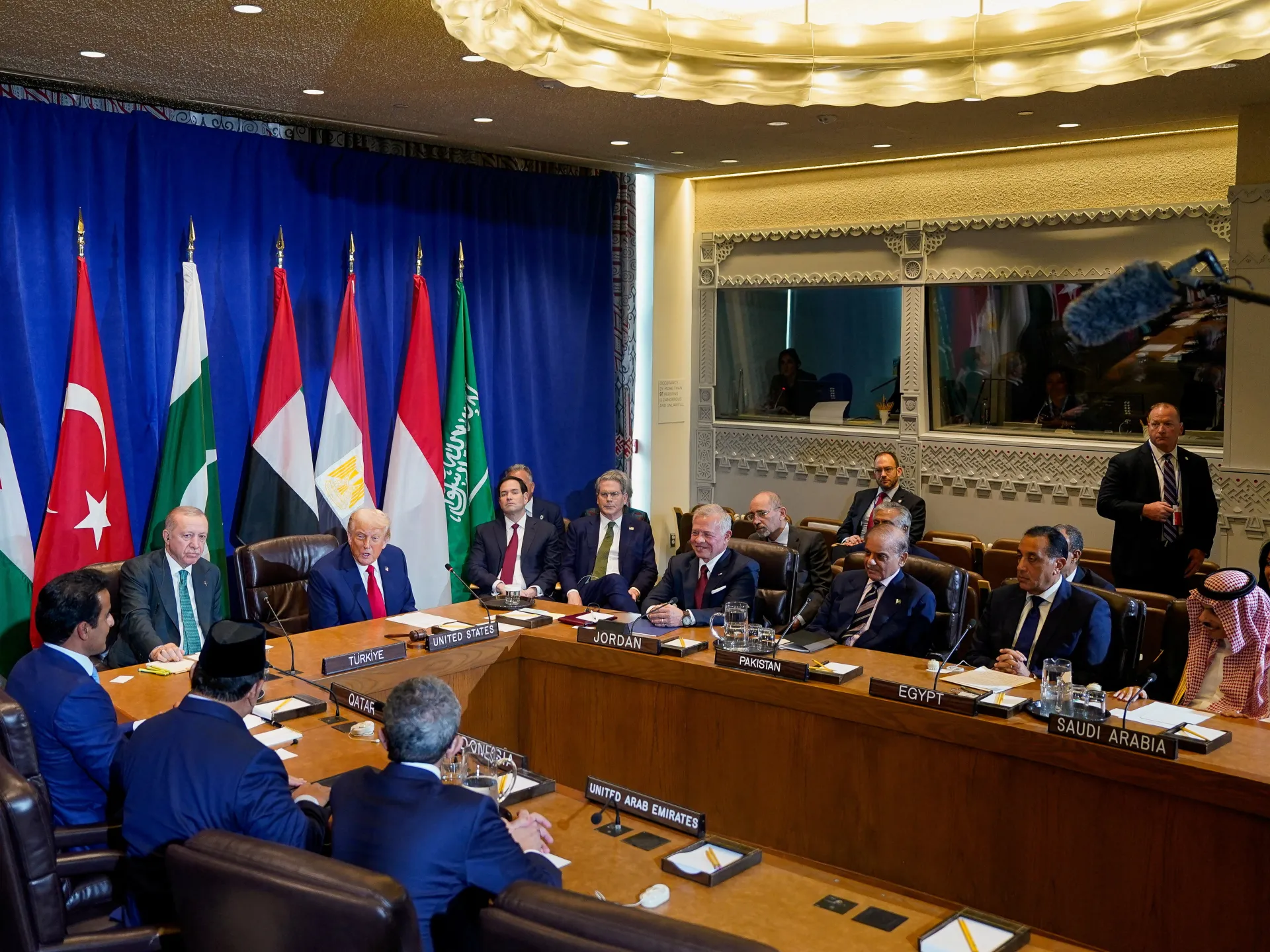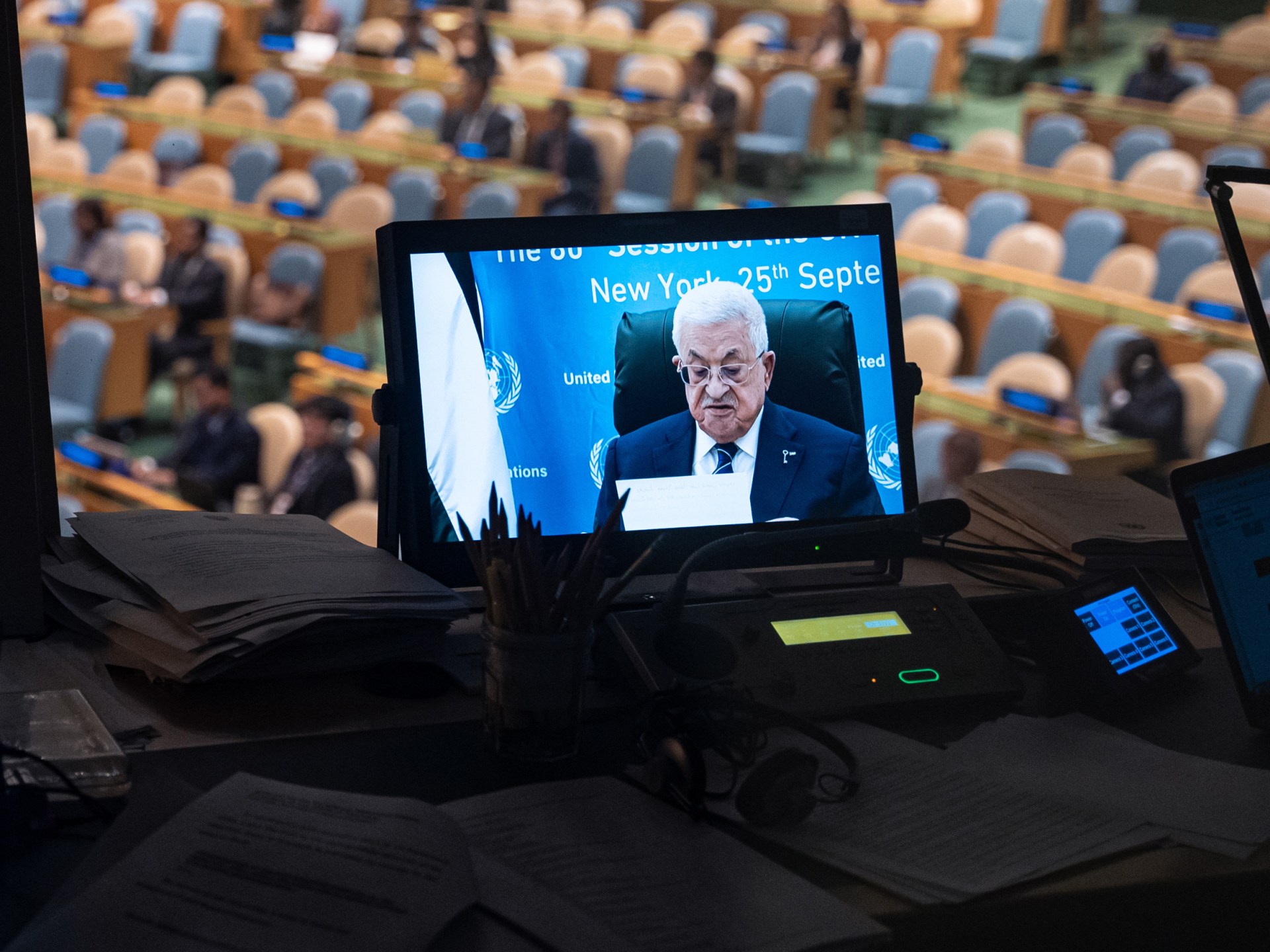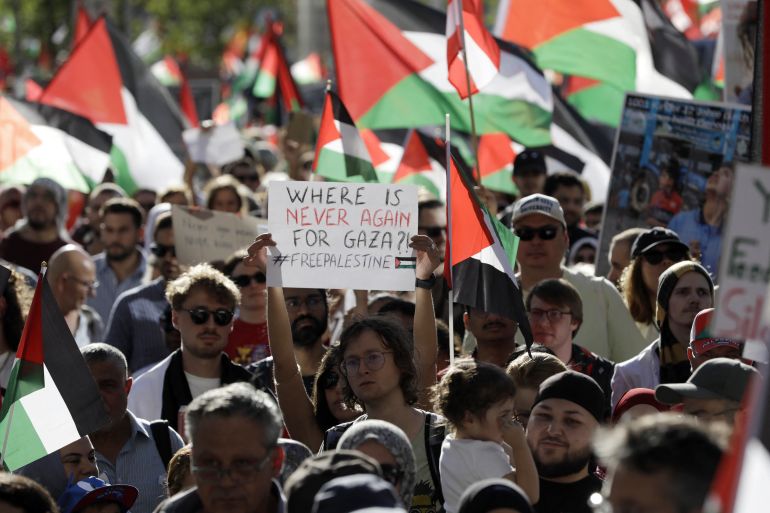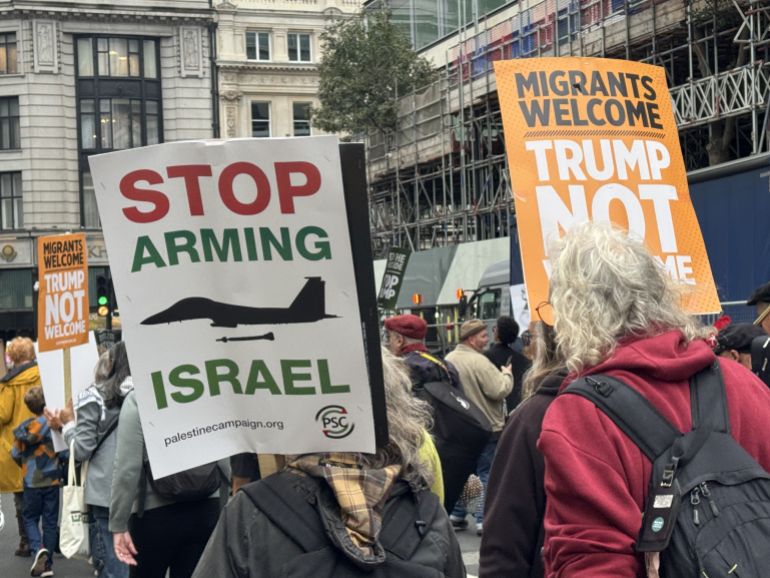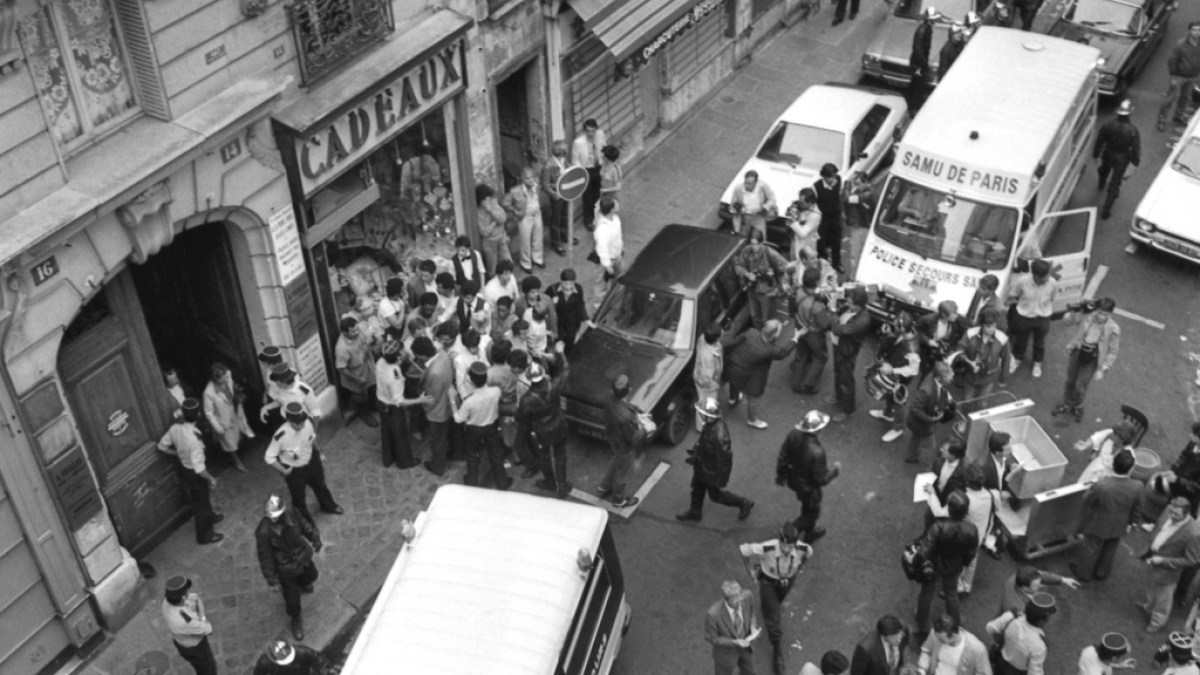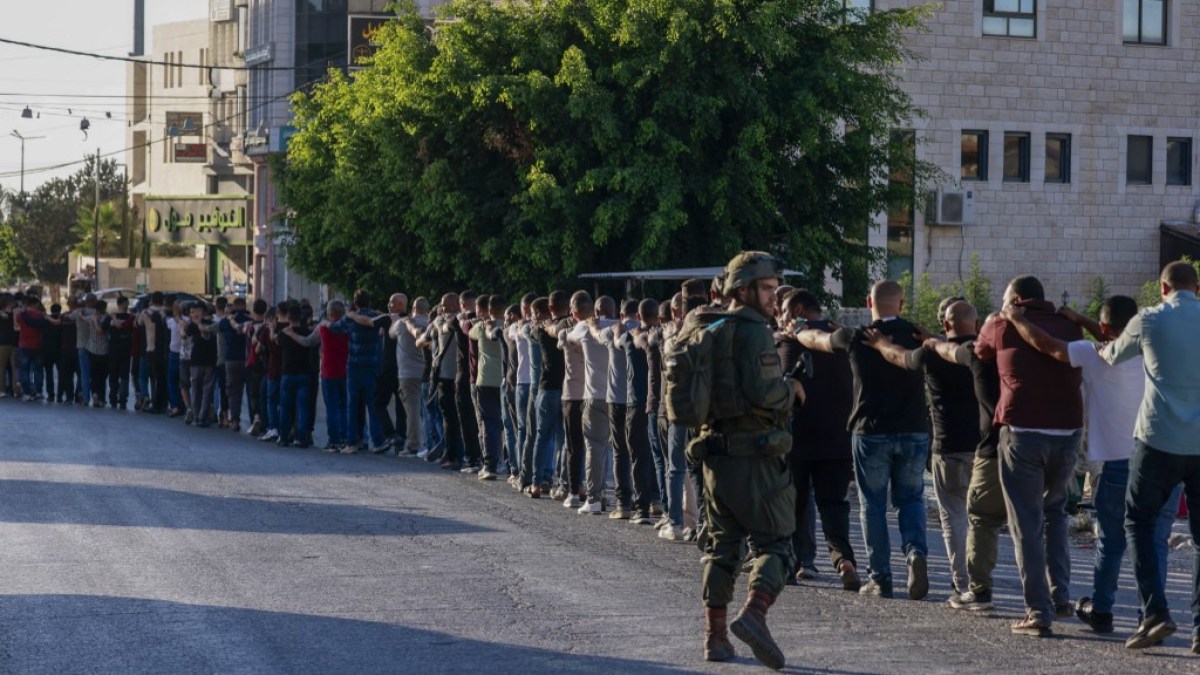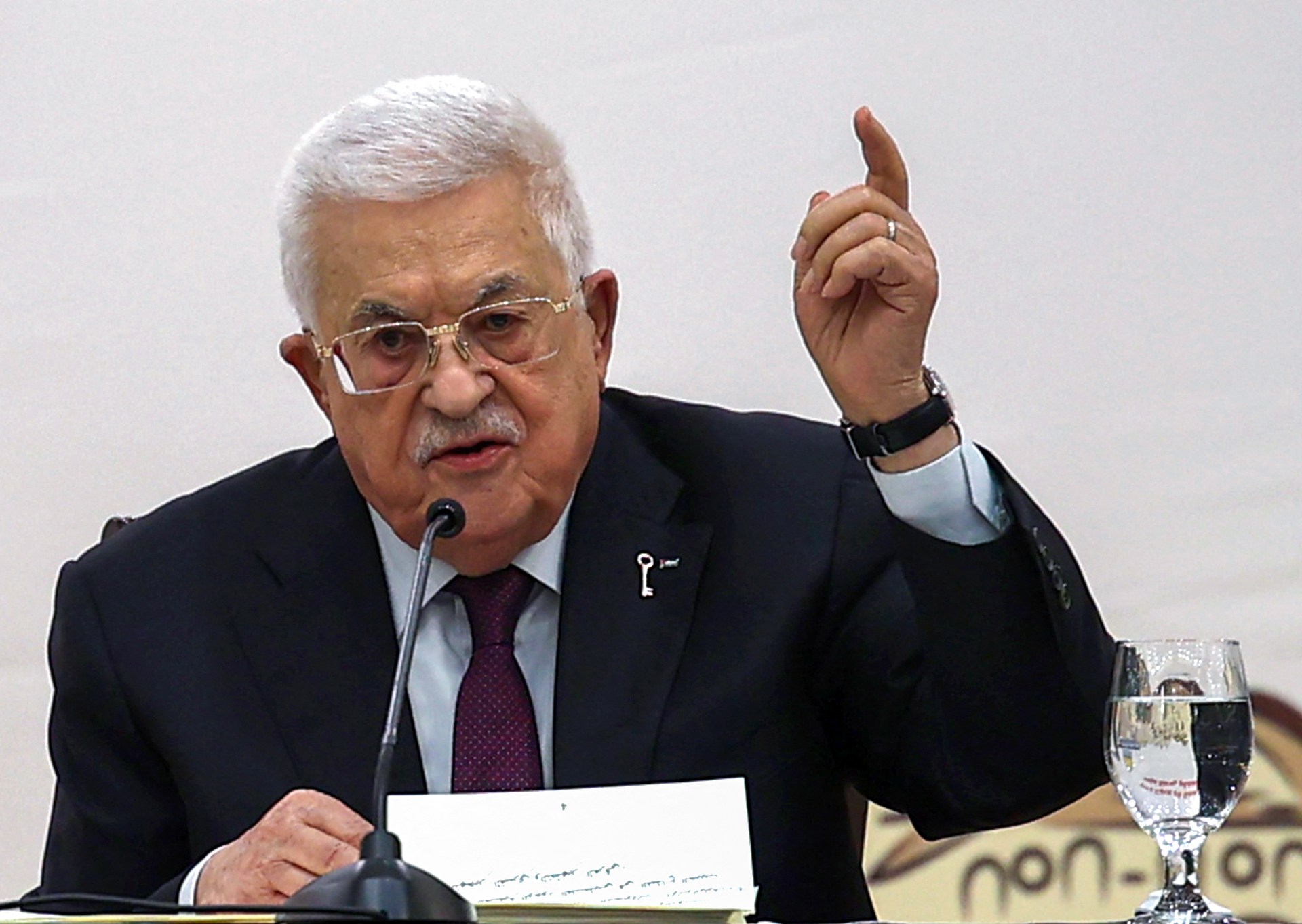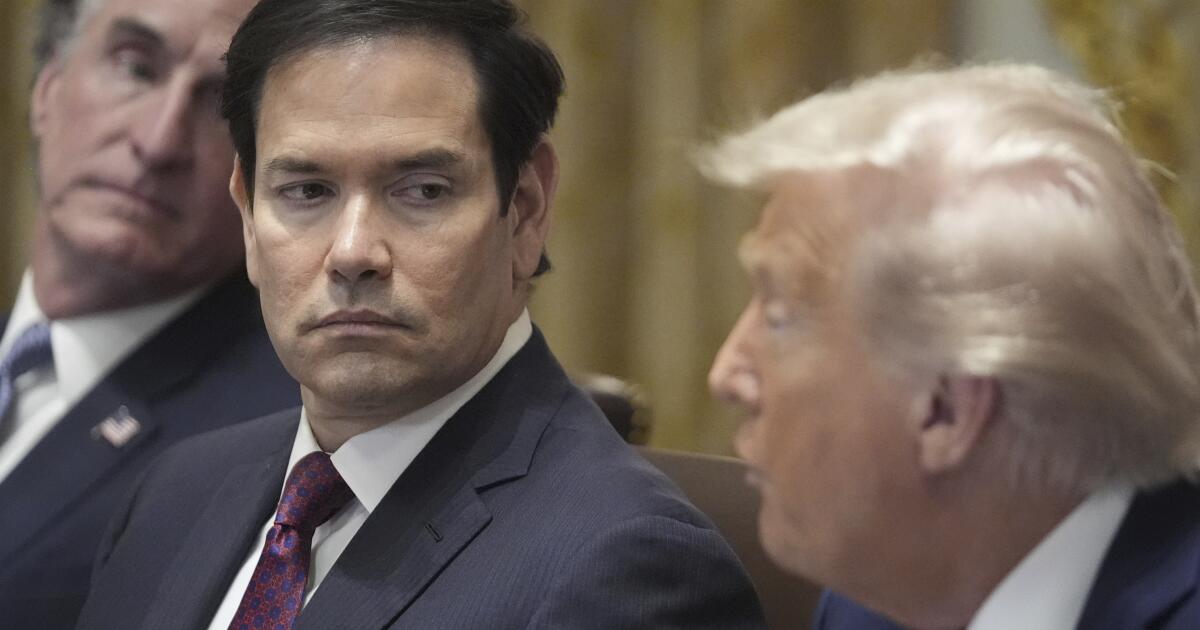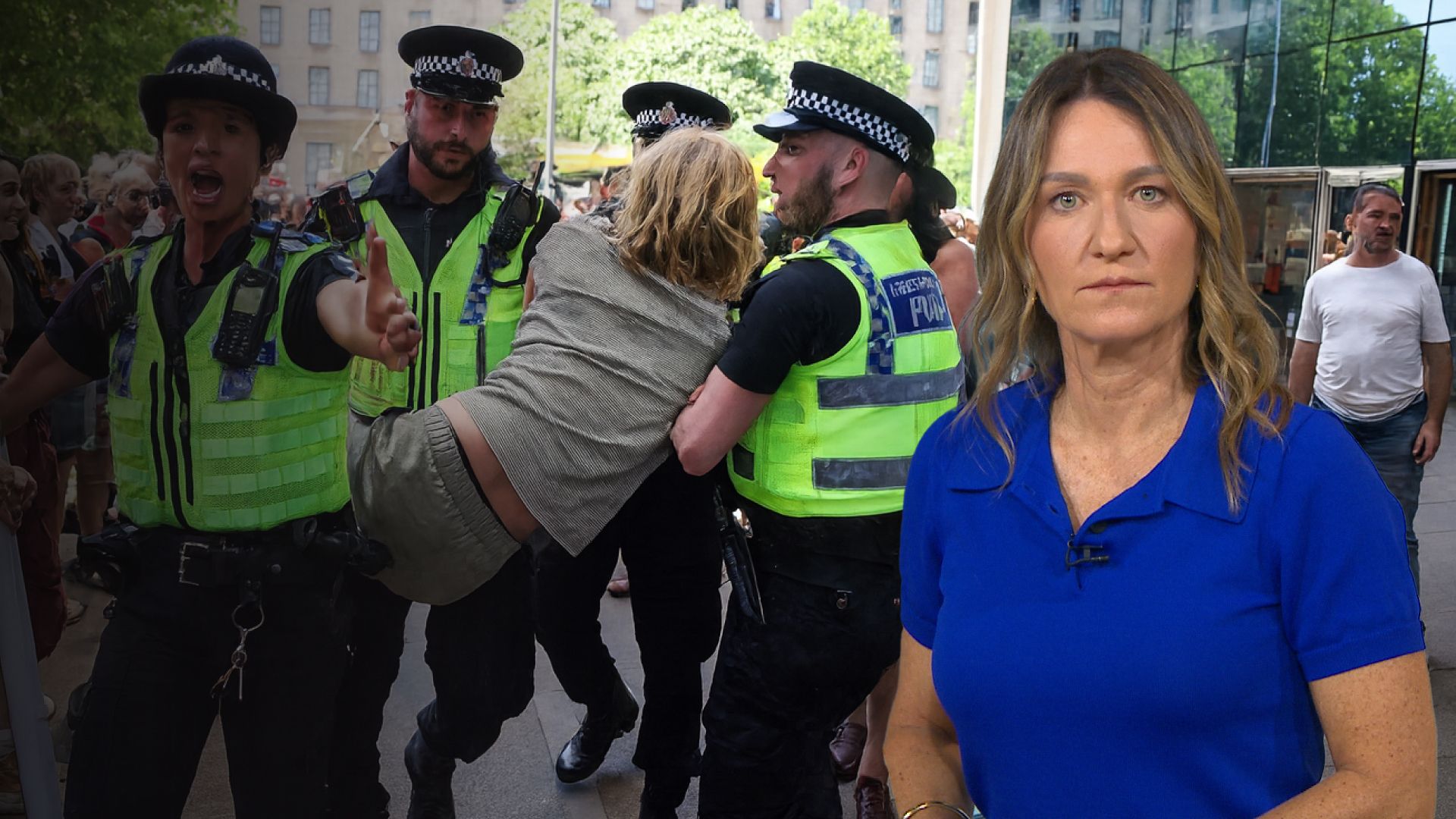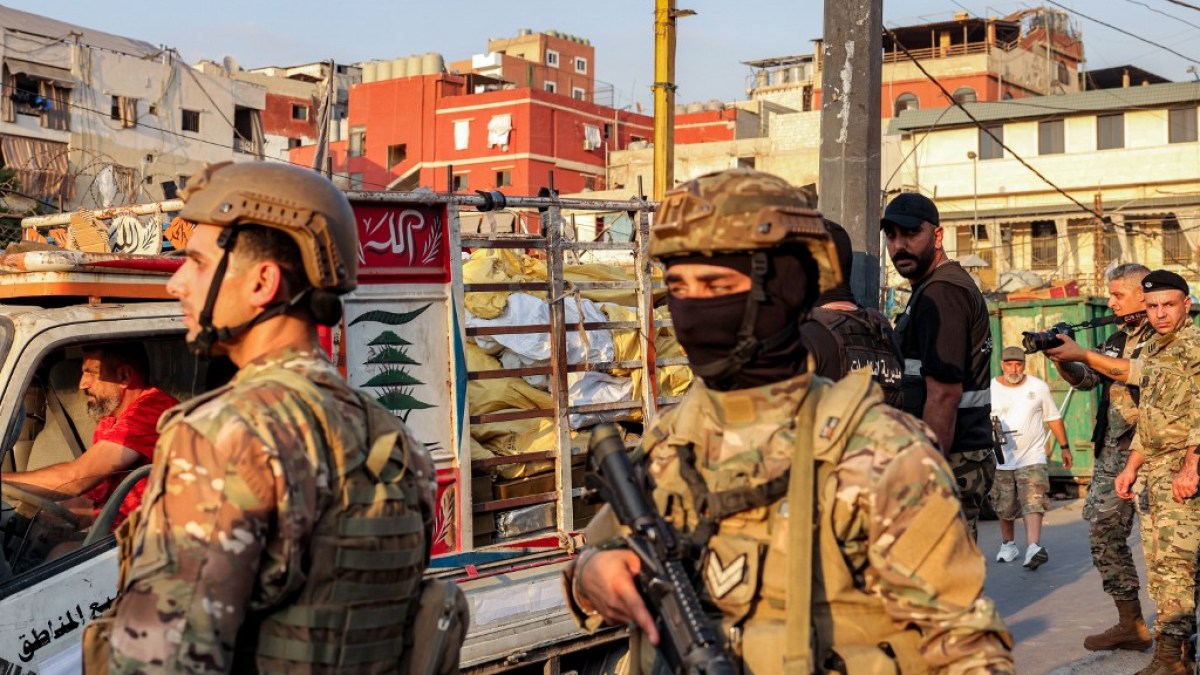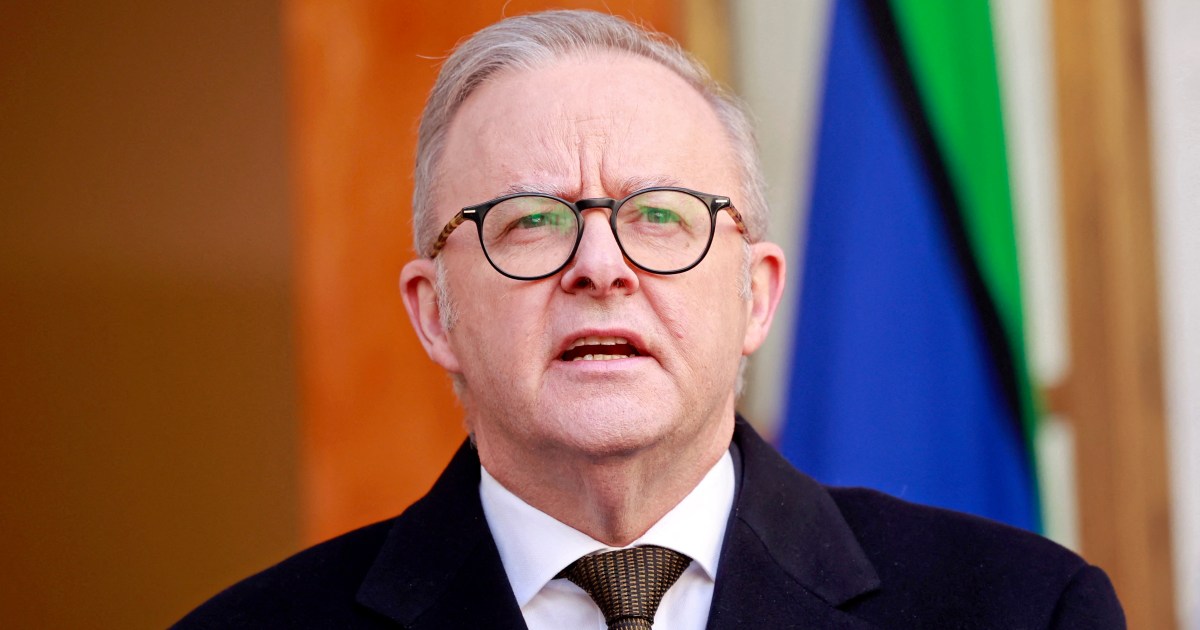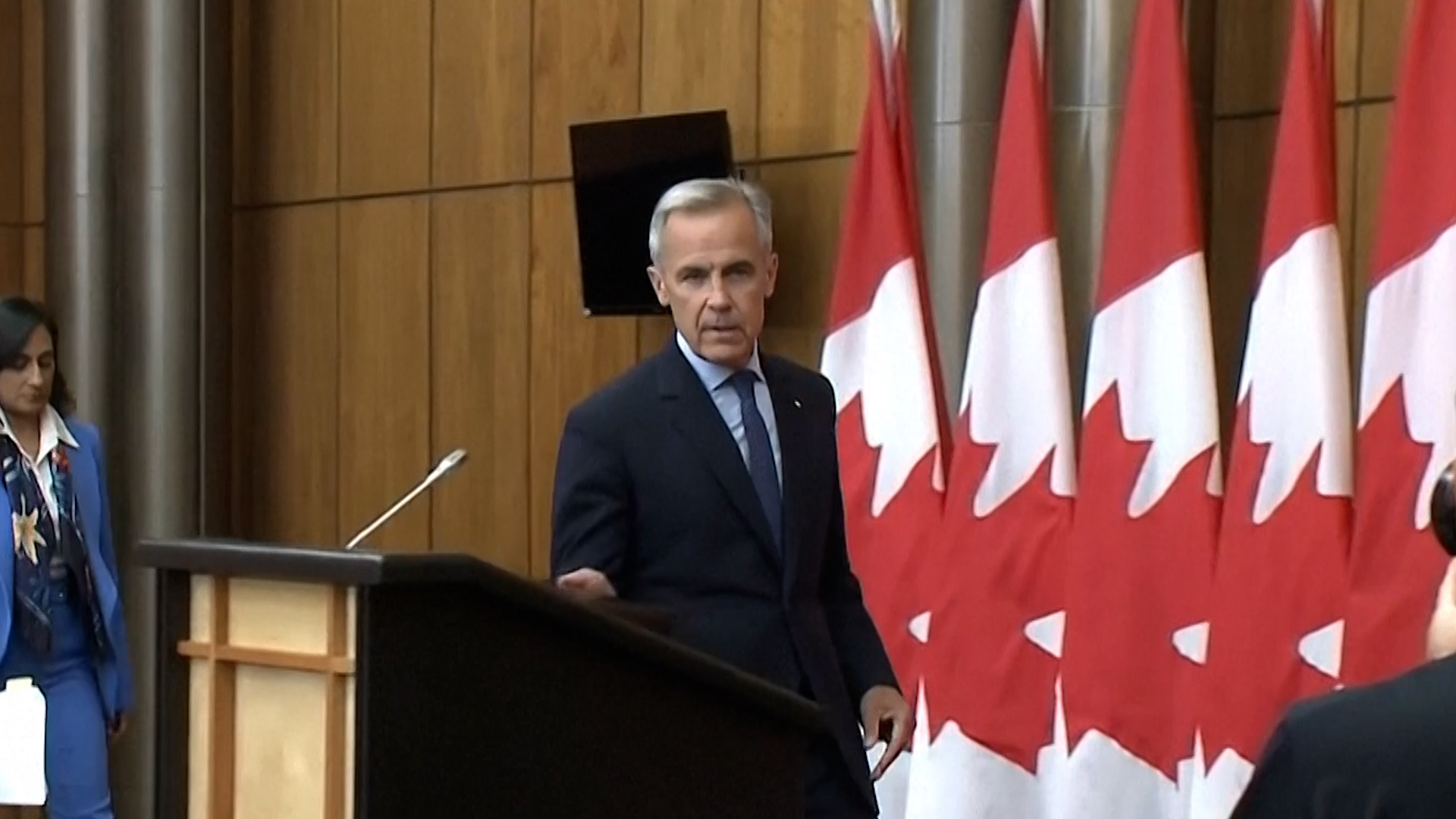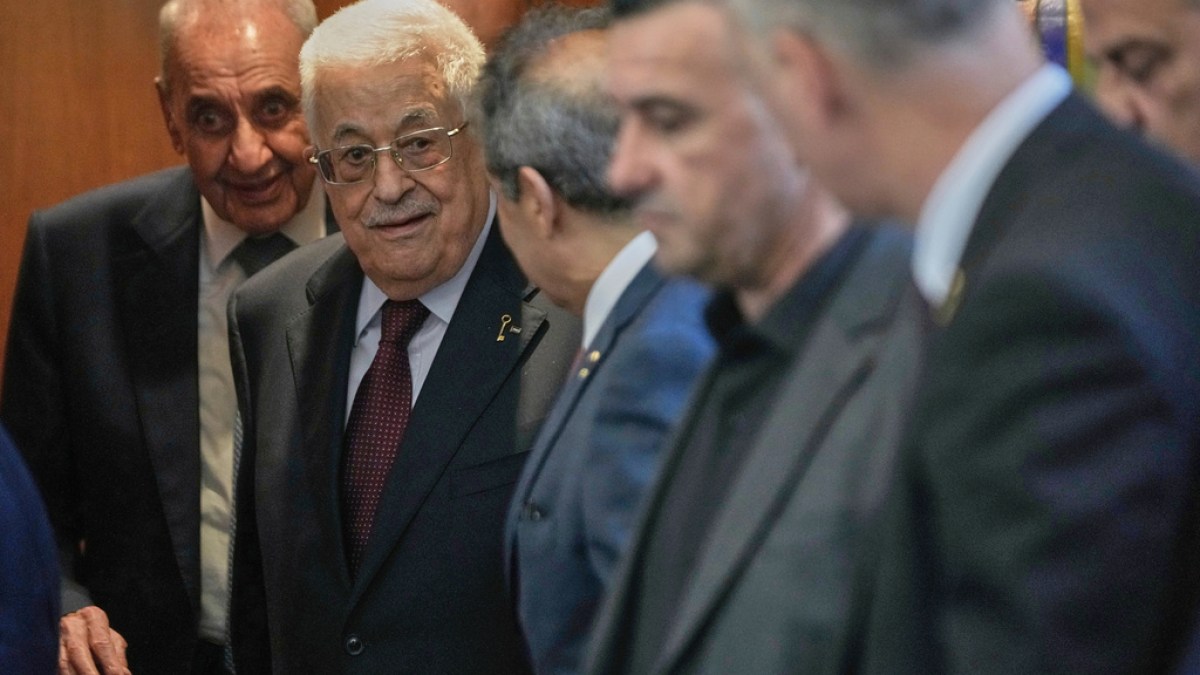Pakistan FM says Trump’s plan to end Israel’s Gaza war was altered | Benjamin Netanyahu News
The United States’s 20-point plan to end Israel’s war in Gaza is not the same as the draft proposed by a group of Arab and Muslim countries, Pakistan’s Foreign Minister Ishaq Dar has said.
“I made it clear that the 20 points that President (Donald) Trump made public are not ours. Changes were made to our draft. I have the record,” Dar said, speaking to politicians on Friday, according to remarks carried by Dawn news.
Recommended Stories
list of 3 itemsend of list
His comments come after the White House on Monday released a plan with fanfare that would include a ceasefire, the return of all captives, Hamas disarmament, and a new political architecture for post-war Gaza – one that would exclude the Palestinian group.
Its release came a few minutes before Trump and Israeli Prime Minister Benjamin Netanyahu stood next to each other at the White House to announce the plan. There, Trump told Hamas it had 72 hours to accept the proposal. On Tuesday, he gave the Palestinian group three to four days to agree to the plan.
Meanwhile, Hamas political bureau member Mohammad Nazzal told Al Jazeera on Thursday that the group was discussing Trump’s plan and would soon announce its position on the proposal. “We are not dealing [with the plan] under the logic that time is a sword pointed at our neck,” Nazzal said.
The published document was presented as a joint effort between Israel, the US and a number of Arab and Muslim countries. Last week, several leaders from the Arab and Muslim world discussed the plan at a meeting on the sidelines of the United Nations General Assembly in New York.
But while there are no official records of what was discussed at that mini-summit, Axios reported that the proposal announced by the American and Israeli leaders earlier this week contained “significant changes”, requested by Netanyahu, to the draft that had been agreed on by the Arab leaders and Trump.
The amendments were made during a six-hour meeting between Trump’s son-in-law, Jared Kushner, US Special Envoy Steve Witkoff and Netanyahu, the report said. The revised version ties Israel’s withdrawal to Hamas’s disarmament and allows Israel – after a withdrawal in stages – to remain within a buffer zone inside the enclave until there are no risks of any “terror threat”, it added.
A group of eight Arab and Muslim countries, including Pakistan, Qatar, Turkiye and Saudi Arabia, welcomed Trump’s announcement in a joint statement.
Qatar has said that it agrees with the aims of the plan, and seeks further discussions on its details.
“If we speak of the main objectives, there are objectives that it [the US plan] achieves, such as ending the war, and there are things that need clarification, which certainly need discussions and negotiations,” Qatar’s Prime Minister Sheikh Mohammed bin Abdulrahman bin Jassim Al Thani told Al Jazeera.
Egypt’s Foreign Minister Badr Abdelatty also said that more talks were needed. According to the US proposal, an international body chaired by Trump would have oversight, while a Palestinian technocratic committee would handle civilian governance until the Palestinian Authority reforms itself. To take care of security, according to the proposal, a stabilisation force would be deployed.
“There are a lot of holes that need to be filled; we need more discussions on how to implement it, especially on two important issues – governance and security arrangements,” Abdelatty said on Thursday.
Experts pointed out that there are sticking points. There are questions on whether Hamas will agree to disarm since it has repeatedly said it would not, as the main face of Palestinian armed resistance.
The current proposal also nods vaguely at how reforms may open a pathway to Palestinian statehood, which is not recognised as a right but as the “aspiration of the Palestinian people”.
The plan does not mention the forced displacement of Palestinians from Gaza – a significant shift from Trump’s earlier lambasted position when he suggested the relocation of the population outside the enclave to turn it into the “Riviera of the Middle East”, which was heavily criticised as ethnic cleansing.
It also ruled out the occupation of Gaza and the annexation of the occupied West Bank – actions that Netanya’s far-right coalition members are pushing for.
Should Hamas refuse the deal, Trump ominously told Netanyahu, “You will have our full backing to do what you have to do.”
